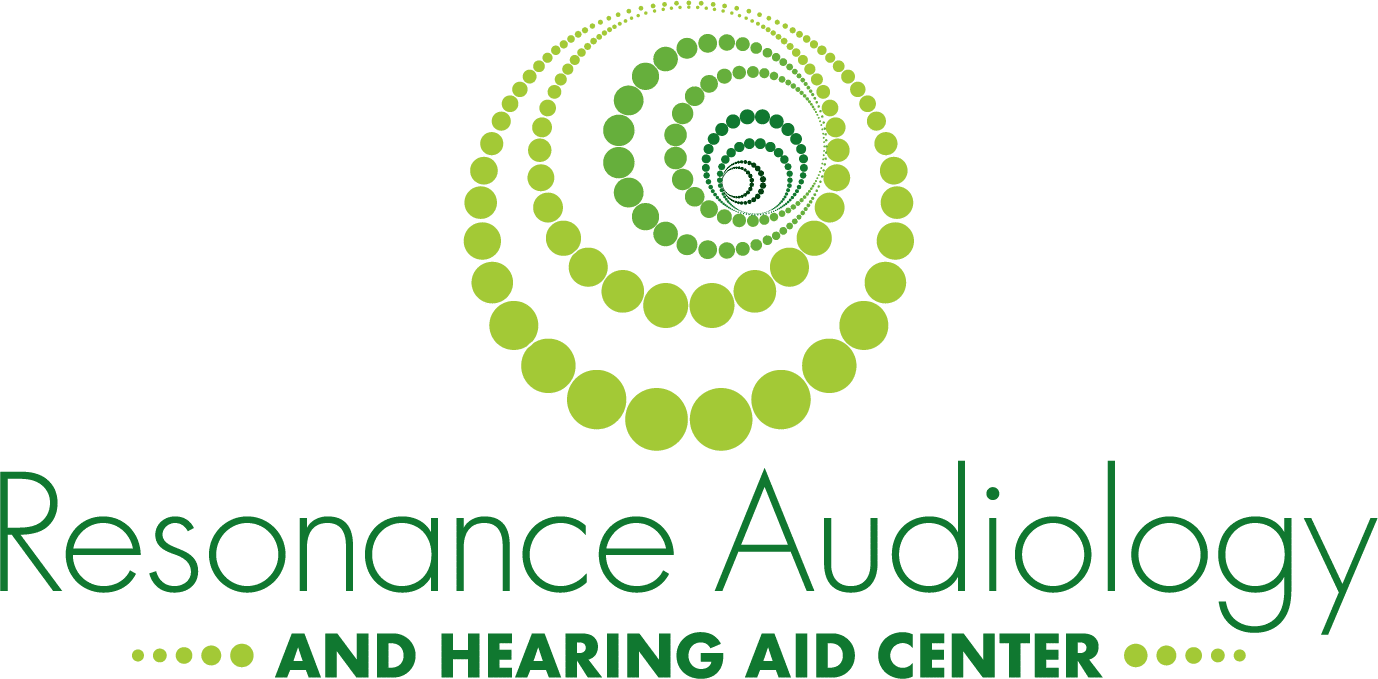What Is Sensorineural Hearing Loss and How Is it Treated?
Did you know that May Is Better Hearing Month?
Back in 1927, May was chosen as the month to raise awareness about the causes and treatments of hearing loss and speech impediments. On May 21, 1986, President Ronald Reagan formally designated May as the official month to “heighten public awareness” about hearing loss and speech disorders.
Ever since, the hearing care industry has been encouraging American citizens to get screened for hearing loss. As trusted hearing care professionals, Resonance Audiology & Hearing Aid Center, LLC, joins in the effort to educate the public about hearing loss.
Generally the most common type of permanent hearing loss is sensorineural hearing loss (SNHL). It is caused by damage to the tiny hair cells in the inner ear or to the nerves that transmit sound to the brain.
SNHL occurs usually after years to decades of gradual deterioration of hearing thresholds.
Causes of sensorineural hearing impairment can be age, noise and diseases. SNHL can be inherited, and present at birth or develop later in life.
The most common kind of sensorineural hearing loss is age-related.

Various illnesses, however, can be the culprit; for instance, if a person has been exposed to diseases such as mumps, meningitis, multiple sclerosis, and Meniere’s disease.
Sensorineural hearing impairment may also occur if a person has used certain drugs that can be toxic to hearing, in particular aspirin, cisplatin, quinine or the antibiotics streptomycin and gentamicin over a long period of time.
Other cases of acquired SNHL include being born with low weight and by a mother who had had rubella (German measles) during the pregnancy.
Also, head or ear injuries may cause sensorineural hearing impairment.
There are cases of sudden sensorineural hearing loss. If you or anyone you know experiences a sudden sensorineural hearing loss you should contact a doctor as soon as possible.
Nowadays, more and more people are experiencing sensorineural hearing loss as a result of prolonged exposure to high intensity noise.
Noise pollution is on the rise due to population growth, urbanization and digital advances, and increase in powerful, diverse, and highly mobile sources of noise. Environmental noise in a loud workplace, for instance, can cause SNHL, if a person is exposed for a longer time and not wearing protection. Or, having headphones set to high volumes for a long period of time can lead to sensorineural hearing impairment. Also, exposure to an extremely loud noise such as a bomb blast can result in noise-induced hearing loss.
Symptoms of SNHL include:
- Certain sounds seem too loud
- Difficulty following conversations when two or more people are talking
- Problems hearing in noisy areas
- Easier to hear men’s over women’s voices
- Difficulty distinguishing high-pitched sounds
- Other people’s voices sound mumbled or slurred
- Difficulty hearing when there’s a background noise
- Difficulty understanding on the telephone
These may be accompanied by other symptoms, such as ringing in the ears (tinnitus), dizziness or lightheadedness (vertigo).
Audiometry or other diagnostic tests are necessary to determine sensorineural hearing loss.
How is sensorineural hearing loss treated?
SNHL can be mild, moderate, severe, profound, or total.

While people with sensorineural hearing loss cannot regain their hearing, treatment can improve their hearing and quality of life.
A few cases of sensorineural hearing loss can be treated by performing an operation, but most people find sensorineural hearing aids to be very beneficial.
At Resonance Audiology & Hearing Aid Center, LLC, we provide the superior hearing healthcare from our two offices in Lancaster and New Holland.
Dr. Zoe Horan is here to help you with a hearing test, and selecting and dispensing the hearing device best fitted to your personal, professional, cosmetic and financial needs.
Contact our offices to learn more about sensorineural hearing loss and treatment solutions we offer.
